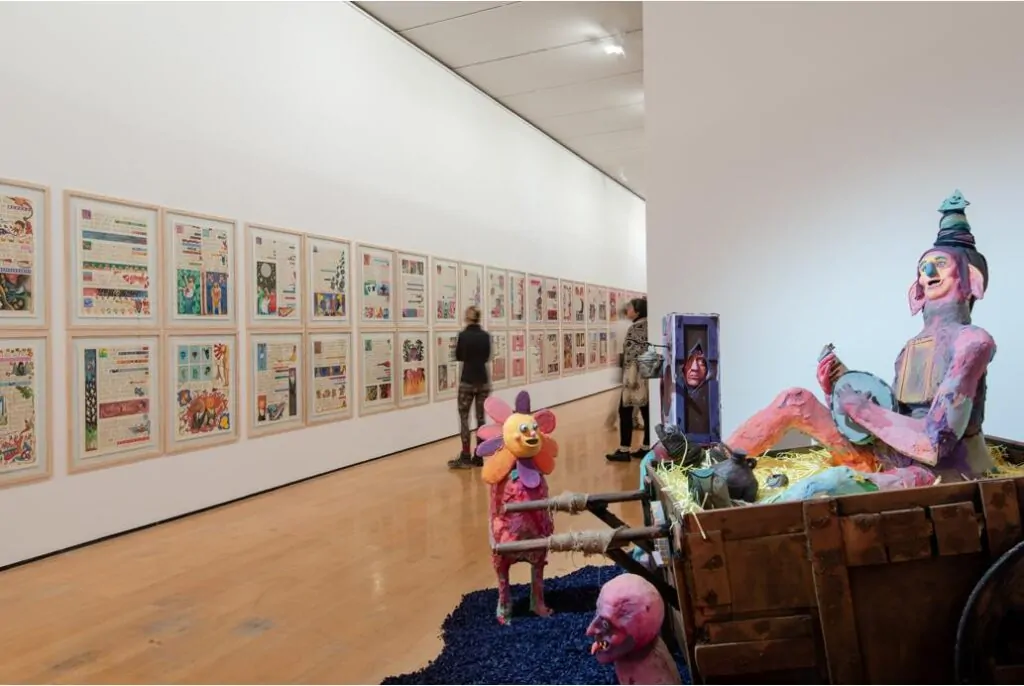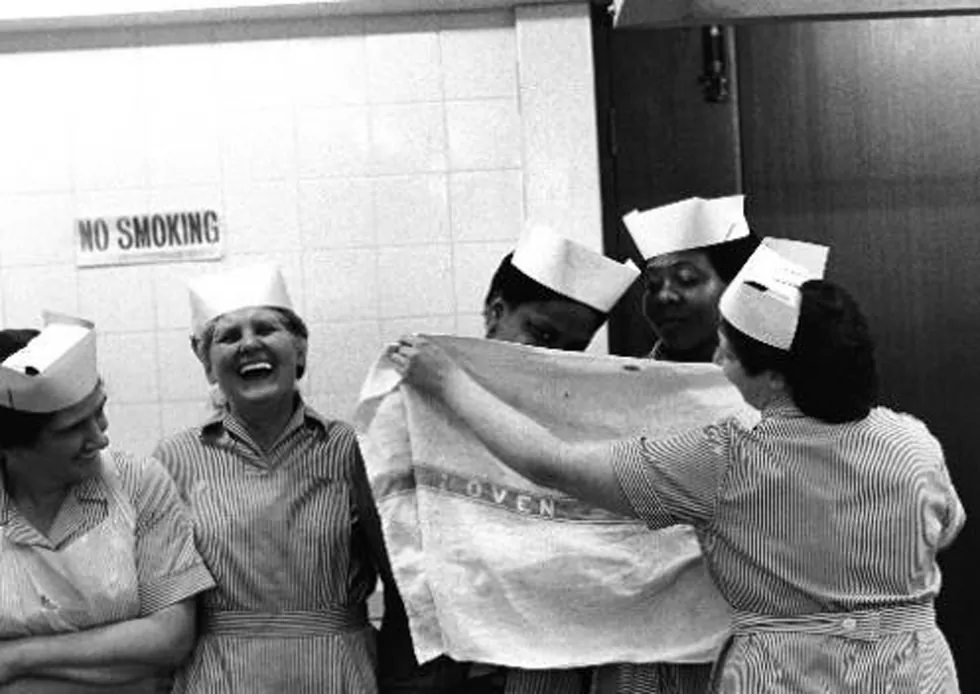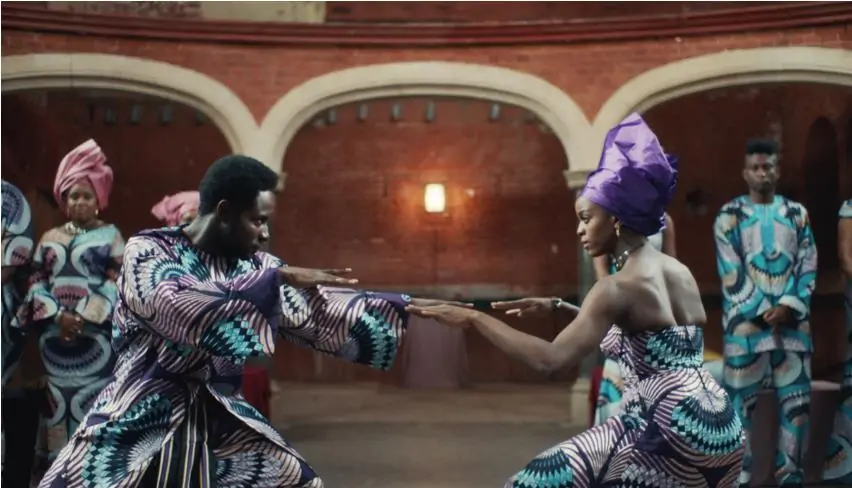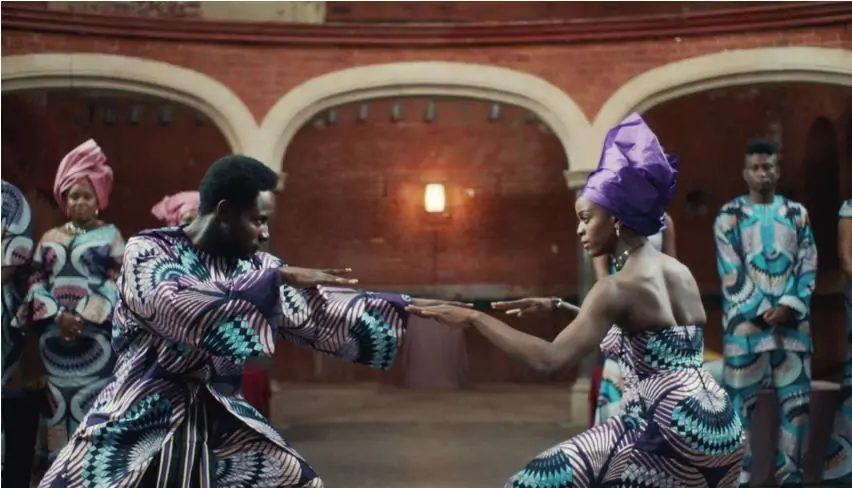FRIENDS IN LOVE AND WAR — L’ÉLOGE DES MEILLEUR·ES ENNEMI·ES
2nd October, 2024 – 23rd February, 2025
Ikon Gallery
1 Oozells Square, Brindley Place
Birmingham
B1 2HS
Ikon and macLYON present works by over twenty artists from the British Council Collection and macLYON that explore the meaning and role of friendship in contemporary life. Curated collaboratively, the exhibition interrogates friendship as a fundamental human relationship that is essential to individual well-being and society. Taking place in the partner cities of Birmingham and Lyon, Friends in Love and War — L’Éloge des meilleur·es ennemi·es also reflects on diplomatic friendships and how regional capitals and cultural organisations can create new ways of living and
working together in a post-Brexit climate.
The exhibition spans painting, drawing, photography, printmaking, textile, film, sculpture and installation, combining existing and new works by international and Birmingham-based artists to form a rich depiction of our complex personal and political friendships.
Artists: Kenneth Armitage, Sonia Boyce, Tereza Bušková, Pogus Caesar, Patrick Caulfield, Jimmie Durham, Tracey Emin, Marie-Anita Gaube, Lola Gonzàlez, Emma Hart, Lubaina Himid, Géraldine Kosiak, Delaine Le Bas, Markéta Luskacová, Rachel Maclean, Goshka Macuga, Madame Yevonde, Gordon Matta-Clark, Hetain Patel, Paula Rego, Luke Routledge, Niek van de Steeg, Francis Upritchard, Fabien Verschaere, Gillian Wearing, Bedwyr Williams, Rose Wylie, Lynette Yiadom-Boakye.
Based on mutual trust and affection, friendships are among our most valued relationships. Friends share life experiences, broaden horizons and build collective futures – yet the nature of friendship can be difficult to define and has been questioned by philosophers for centuries. Transactions are a common characteristic of friendships, in which the value of an acquaintance or companion is based on what they provide, and what we offer in return. For Aristotle, altruism – giving without
the expectation to receive – is the essence of ‘true’ friendship, an ideal in which friends only seek the best for one another.

In some partnerships, the non-judgmental and forgiving nature of unconditional friendship forms the foundations of love, as portrayed in Hetain Patel’s film Don’t Look at the Finger (2017). The film depicts a bride and groom dressed in costumes inspired by Japanese, Mongolian and West African culture in a kung-fu style duel at what appears to be their arranged marriage. Despite their tenacious combat, the energy of their gestures suggests mutual complicity and a glorious union.
The resilience of friendship finds roots in shared values and experiences, as evoked in Kenneth Armitage’s trio of sculptures: Friends Walking (1952), Two Seated Figures (1952) and Study for Large Seated Group (1957). The support of friends can help us to withstand hardship, grow and celebrate life, with the memories from these moments reinforcing emotional bonds. In tough times, we rely on friends for strength and to create the alliances necessary to prevail over hostile forces, like those that loom in Lubaina Himid’s painting Have Courage in the Crisis Set Yourself Free (2016). In Lynette Yiadom-Boakye’s Condominium (2005), a smiling black female figure painted with oil on linen meets our gaze, conjuring self-belief and camaraderie amidst adversity.
Friendship’s political power draws on the strength of our emotional ties, enabling us to imagine and construct collective futures, as shown in the works of artists active in Birmingham and Lyon. For example, French artist Lola Gonzàlez presents three films which explore the notion of friendship and the power of the collective. Meanwhile, Tereza Buškovà’s film Clipping the Church (2016) depicts a processional performance in which members of Birmingham’s Erdington community held hands around the local St. Barnabas church.

Birmingham, UK (1984)
Series Schwarz Flaneur, started in 1983.
Black-and-white photograph, 35mm. 34 x 44 cm
Courtesy of the artist and OOM Gallery Archive.
Taking place just thirteen days before the Brexit referendum, the work’s fusion of Anglo-Saxon custom with Czech culture testifies to the shared sense of identity among the city’s multicultural residents. Also considering cross-cultural friendships, Pogus Caesar’s Schwarz Flaneur photography series – from which many images are shown for the first time in the UK – captures unguarded moments of companionship within diverse communities, such as Dinner Ladies, Birmingham, UK (1984) and See Dat, London (2008).
Desires to understand and make space for difference drive some of our best friendships. In choosing friends, we are sometimes drawn to people with different life experiences, with their alternative perspectives broadening our knowledge and horizons. Reflecting this dynamic, Rose Wylie’s oil on canvas Bagdad Cafe (Film Notes) (2015) draws on sequences from the 1987 film about a budding friendship between Jasmin Münchgstettner, a Bavarian tourist abandoned by her husband, and Brenda, the manager of a motel in the Californian desert.
Friendly criticism and debate challenge our worldviews and expand our sense of self, as in Niek van de Steeg’s Structure de correction, table de débat (ca. 2000). The artist’s installation invites visitors to take a seat at the table and record their reflections and exchanges on a paper tablecloth, which rolls up on itself like a conveyor belt of ideas.
Meanwhile, Tracey Emin’s message of admiration to paralympic athletes in Birds (2012) explores how profound respect for a friend’s different achievements compels us to do better in our own lives. Additionally, Rachel Maclean’s film The Lion and The Unicorn (2012) humorously critiques Anglo-Scottish relations through the portrayal of characters from the Royal Coat of Arms and highlights how the media fosters rivalry between the two cultures.
Friends in Love and War — L’Éloge des meilleur·es ennemi·es also considers how friendships change over time. Children make and break friendships easily, without the emotional repercussions of adult relationships, as in Markéta Luskačová’s photograph Children in Playground IV, London (1988). Taken from her Citizen 2000 series, which followed a group of babies born in Britain in 1982 until the turn of the Millennium, Luskačová shows four schoolgirls playing to illuminate how children create communities and nurture friendships.

As we grow, new figures such as neighbours and colleagues take on supportive roles alongside longstanding friends. Letter-writing – or ‘pen-pals’ – and social media make it possible to form friendships with people who we may never physically meet. In these relationships, different cultures, languages and technologies play a crucial role in shaping friendships. Based on imagined epistolary correspondence, Géraldine Kosiak pays tribute to emblematic artists of art history with Mon cher, ma chè re (2023-2024): a series of embroideries that foreground the courage and resilience of these singular artists, as well as their influence on her and other female pioneers.
Imagined friendships also inspire Fabien Verschaere’s mural and 60 drawings which allude to the imaginary friend – a common trope that acts as a metaphor for our hopes and dreams. Rooted in his childhood experience of long hospital stays, Verschaere’s Seven Days Hotel (2007) is an imaginary tale of an ill child’s encounter with the world seen through the eyes of a princess. In Luke Routledge’s installation Strangelets (2024), a group of colourful creatures bond through storytelling and song as they travel across a fictional multiverse.
More than personal fiction, fantasies can alleviate the loneliness endemic in modern society – a malaise that became particularly prevalent during the Covid-19 pandemic and its enforced isolation. In the absence of human companionship, pets often become loyal friends, as in Paula Rego’s etching Four Girls Playing with a Dog (1987). Employed as metaphors, animals reflect the innate, conflicting and surprising nature of human friendships.
Friends in Love and War —L’Éloge des meilleur·es ennemi·es illuminates the many faces of friendship to form a nuanced depiction of this universal human relationship. Intertwining perspectives from emerging and established artistic voices, two regional institutions collaborate in a timely exhibition that reflects on the complicated nature of personal and political friendships in today’s world.
The exhibition is accompanied by a fully illustrated catalogue featuring texts on the artists and an essay by Camille Toffoli, author of S’engager en amitié (2023).
Curated by Marilou Laneuville (Head of Exhibitions and Publications, macLYON) and Melanie Pocock (Artistic Director, Exhibitions, Ikon), the exhibition is presented at Ikon Gallery in Birmingham (2 October 2024 – 23 February 2025), following a presentation at macLYON in Lyon earlier this year.
This exhibition is supported by the British Council and is presented as part of Spotlight on Culture UK/France 2024 – Together We Imagine, with additional support from Fluxus Art Projects and Birmingham City University.
Friends in Love and War — L’Éloge des meilleur·es ennemi·es is presented as part of Ikon’s 60th anniversary year.
FRIENDS IN LOVE AND WAR — L’ÉLOGE DES MEILLEUR·ES ENNEMI·ES opens on the 2nd of October, 2024 until the 23rd of February, 2025 at Ikon Gallery
©2024 Ikon Gallery





